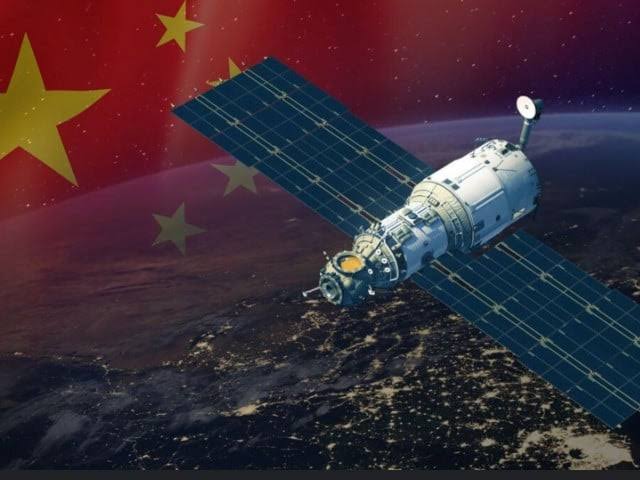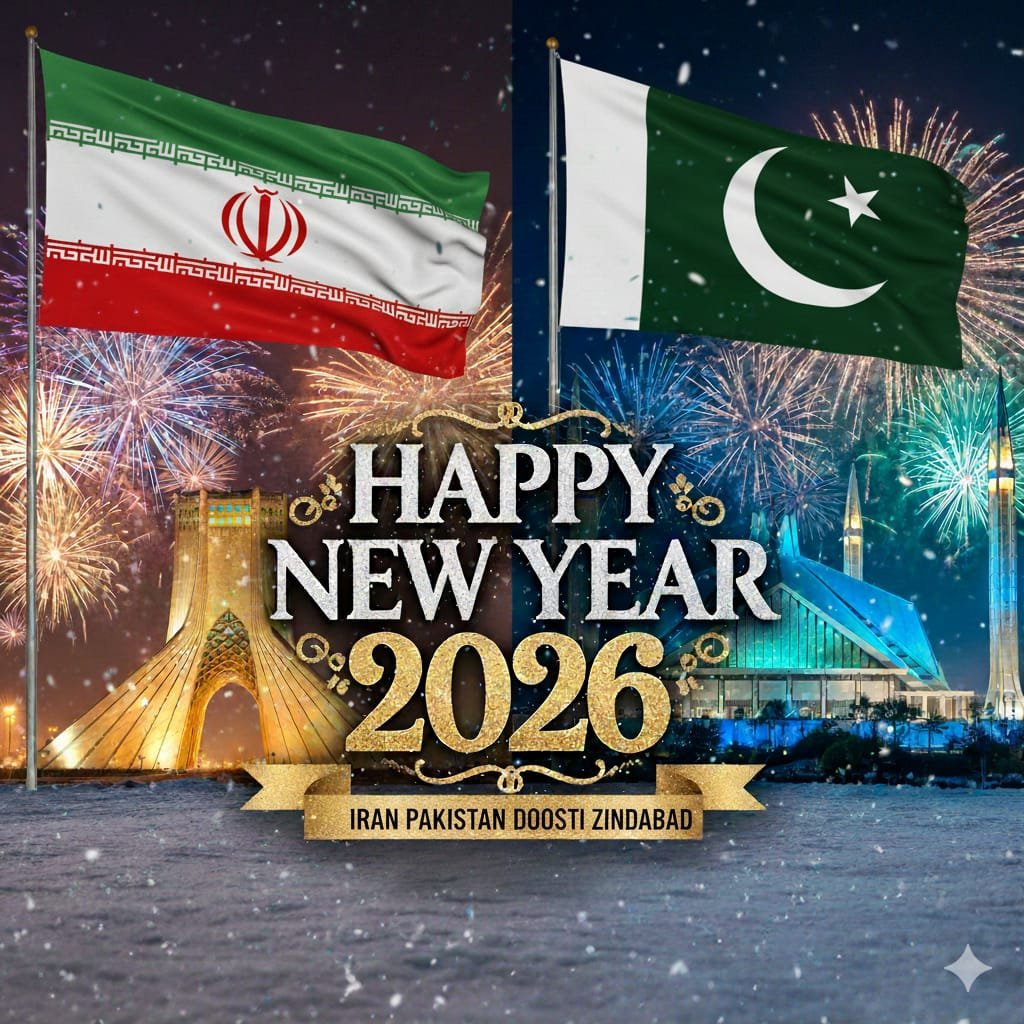In recent years, China has emerged as a significant force in space exploration, demonstrating remarkable progress that underscores its scientific goals and strategic aims. The China National Space Administration (CNSA) has achieved notable advancements, not only in space technology but also in boosting China’s global standing. This article explores China’s major space accomplishments and their wider strategic implications.
Major Milestones in China’s Space Program
China’s journey into space began with the launch of Dong Fang Hong 1 in 1970, marking its entry into space exploration. However, it was during the early 2000s that China’s space program accelerated rapidly. The Shenzhou spacecraft series, particularly Shenzhou 5 in 2003, was pivotal. This mission successfully placed Yang Liwei into space, establishing China as the third country to independently achieve human spaceflight, following the Soviet Union and the United States.
China’s accomplishments in lunar exploration are particularly noteworthy. The Chang’e program, named after the lunar goddess, has achieved several remarkable feats. Chang’e 3, which landed on the Moon in 2013, marked the first successful soft landing on the lunar surface in decades. Chang’e 4, which landed on the Moon’s far side in 2019, showcased China’s advanced space technology and provided valuable scientific insights.
Additionally, the Tianwen-1 mission, which landed the Zhurong rover on Mars in May 2021, represents China’s entry into interplanetary exploration. This rover is tasked with studying Mars’ surface and atmosphere, underscoring China’s growing capabilities in space exploration.
China’s progress in space exploration carries significant strategic weight, impacting its global standing and domestic strategies.
China’s space achievements reflect its advancing technological capabilities. The deployment of the Tiangong space station in 2021, which is set to operate at least until 2028, highlights China’s ability to develop and manage sophisticated space infrastructure. This accomplishment reinforces China’s leadership in space science and technology.
China’s space successes enhance its geopolitical position. By achieving key milestones, China asserts itself as a major space power, influencing global space policies and fostering international collaborations. These successes improve China’s negotiating power and international stature.
The space sector offers significant economic and security advantages. Advances in space technology enhance China’s capabilities in communication, navigation, and Earth observation, which have important economic and security implications. Additionally, robust space capabilities strengthen national security by improving China’s ability to protect and monitor its space assets.
Space exploration serves as a powerful symbol of national pride and soft power. China’s space achievements foster a sense of national unity and accomplishment. By showcasing these successes, China enhances its global image as a modern and competitive nation, using space exploration to project its influence.
Looking forward, China’s space program is set to continue its ambitious trajectory. Plans include further lunar missions, Mars sample-return missions, and the development of advanced space stations. China is also exploring the possibility of manned missions beyond the Moon, signaling its long-term commitment to leading in space exploration.
The global impact of China’s space achievements is significant. As China continues to advance, it will likely shape international space policies and practices. The global space community will need to address the increasing competition and collaboration, balancing technological advancements with cooperative efforts to tackle shared challenges.
Conclusion
China’s space exploration milestones are not only technological achievements but also strategic assets that enhance its global influence, technological prowess, and economic potential. As China pushes forward in its space endeavors, its role in shaping the future of space exploration and international relations will become increasingly prominent.

Ms. Misbah Arshad is Research Fellow at Pakistan Research Center for a Community with Shared Future (PRCCSF), Islamabad.







